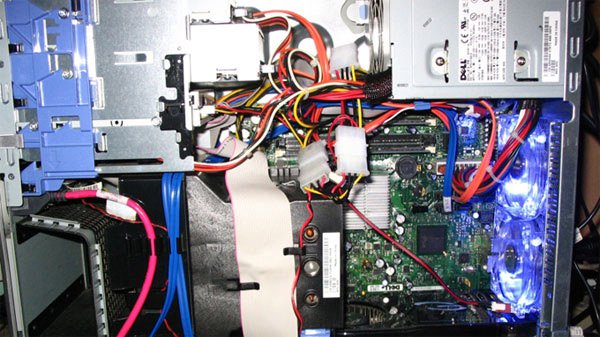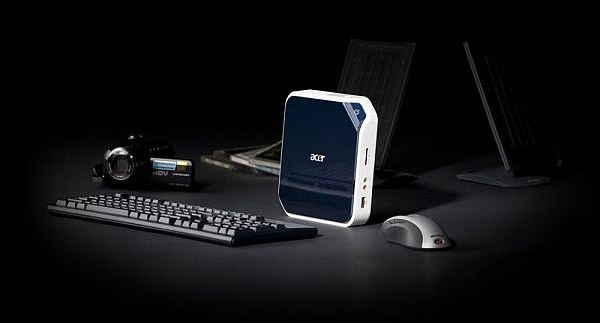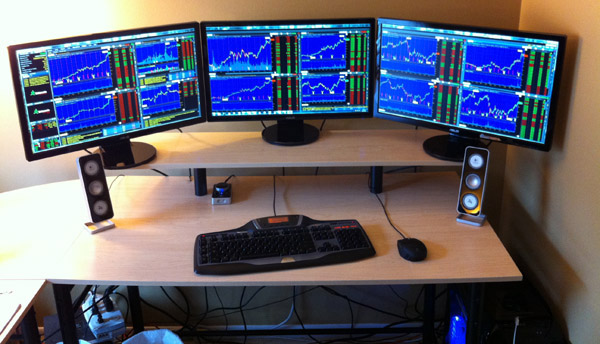Why is PC still in existence?
Cheap, powerful, easy to connect, big screen . are the reasons for desktop computers to exist for a long time.
With touch-sensitive mobile devices driving the world, Steve Jobs has evoked a concept called ' post-PC era '. The oven and conquer users of tablet, lap top or smartphone . also compete significantly with the desktop. However, PC World technology site is still optimistic about the longevity of the desktop for the following reasons:
Cheap
In recent years, the cost of owning a desktop computer has been lower than the price of a smartphone or tablet. Handheld devices are expensive because they must cram expensive components inside a tight space, to ensure the aesthetics of the product.

In contrast, with its 'generous' design, the desktop can be assembled from discrete components. You have the right to choose each element at different prices. This helps you optimize your device, directing it to advanced goals such as graphic design, movie editing, 3D gaming . or simply powerful enough to run office applications.
According to PC World , laptops are usually at least 60 USD more expensive than a configuration desktop. 'Assembling' your own desktop is also a pleasure for technology enthusiasts.
Desktop is more powerful than laptop
Despite the common name, the desktop processor is always more powerful than the laptop's processor. The laptop's processor is designed to save power and produce less heat, so its power is limited. Meanwhile, desktop processors use direct power and have a cooling system (gas or liquid) so it is very suitable to 'plow' high-end graphics games or applications.
If you're knowledgeable about computer hardware, you can also overclock (overclock) so your desktop works faster than normal.
Can connect to tons of peripheral devices

In addition to at least four USB 2.0 ports, a desktop suite also supports communications such as eSATA, VGA, DVI, HDMI and audio outputs. You can connect the desktop to a variety of peripheral devices such as printers, scanners, speakers, UPS, USB, game pad, mini fan, table lamp, phone, tablet, TV .
Can expand the working screen

There are two ways to expand the screen to work with the desktop. You can choose a larger screen or buy more screens (depending on your graphics card and pocketbook). The spacious workspace is a top priority for video editors, or industrial system supervisors.
Less loss
Desktop sets are usually placed in a separate room or office. So it's much safer than handheld devices. Your phone may be broken by the screen, the tablet may be short-circuited because of water contamination or theft . the desktop is less likely to encounter these risks. Its life is usually higher than handheld devices.
Desktop hard to replace
Despite being strong day by day, tablet, laptop or smartphone is still difficult to completely replace the desktop. If it becomes cheaper, stronger and more flexible, it will always have a place because of the advantages mentioned above.
You should read it
- ★ How to receive notifications on Android smartphone from computer
- ★ Juniper Research: 1.2 billion smartphones will be sold this year
- ★ 5 things to know about the future of mobile
- ★ Comparison between Laptop, Netbook and Smartphone
- ★ IBM registered a patent for sliding screen technology, turning smartwatch into a smartphone with just a few simple steps